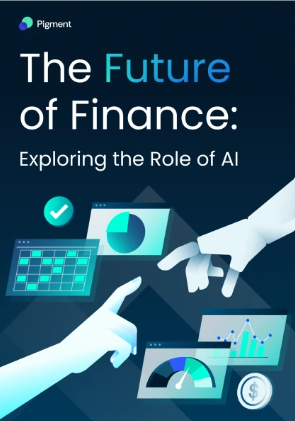The American economy is in-famous for its huge consumer spending database. It has been observed among American citizens that they have a common tendency of buying everything using credit cards. It is predicted that the Bill of 2024 is about to come due, highlighting the economic and psychological factors responsible behind such payment practices.
Image Credit: Pexels
According to the Federal Reserve Bank of New York, borrowers loaded an additional $50 billion onto their credit card balances in the last three months of 2023, an increase of nearly 5% that brings the total to a record high of $1.13 trillion.
“They used credit card debt to supplement their incomes to maintain their purchasing power,”
says Mark Zandi, chief economist at Moody’s Analytics.
The Rise in Credit Purchase
Image Credits: Pexels
This trend of relying heavily upon credit cards began due to low-interest rates and a series of post-pandemic programs – stimulus payments, enhanced food stamp benefits, pauses on student loan payments, and eviction proceedings. But those financial supports have been discontinued, and for borrowers who were barely treading water financially, these programs couldn’t have been eliminated at a worse time.
To fight inflation, the Federal Reserve hiked its benchmark interest rate a total of 11 times between March 2022 and July 2023, raising it from around zero to a range of 5.25% and 5.5%. That rate influences a host of other borrowing costs, including those for credit cards, car loans, and mortgages.
“Anyone who was already maxed with their credit card is going to see even higher debt repayment now that interest rates have gone up,”-
says Adam Rust, director of financial services at the Consumer Federation of America.
Reasons Behind Such Habits
This problem is not limited to math, and has its roots in the behavioral and psychological aspects as well, says the researchers who study at the crossroads of psychology and finance. Some suggest that the societal upheaval triggered by COVID-19 played a role in reshaping our collective impression of our finances.
“The whole culture has shifted in terms of how we think about spending,”–
says Abigail Sussman, an assistant professor of marketing at the University of Chicago Booth School of Business.
- Americans spent months or years not incurring the costs of commuting, vacations, dining out, and other activities, and those expectations gradually shifted.
- In addition, technological advances like digital wallets and contactless payments make it easier than ever to buy on credit without even having to pull a card out of your wallet. This has removed people’s attention from how much they are spending because it is easy to spend without paying attention to the amount.
Dave Ramsey’s take on Settling Credit Card’s Debt
How do you pay off long-term credit debts?
If you’re staring down a mountain of credit card debt, there’s no shortage of advice on how to pay it off. Thanks to credit card regulatory reforms codified by the Credit Card Accountability Responsibility and Disclosure (CARD) Act of 2009,
- Paying more than the minimum each month will go a long way towards getting out from under debt. Determine how much extra one can put towards debt beyond those minimum payments, then figure out which method for deploying it will work best.
- Pay off the card with the highest interest rate first. Also referred to by personal finance pros as the “avalanche method,” the math behind this tactic is simple: The more you pay to service debt, the less money one has for other needs—including paying off more debt.
- Put extra cash towards the balance with the highest interest rate. After that, eliminate the balance, take the money allocated for that card’s monthly payment, and put it towards the card with the next-highest interest rate.
- Pay off the smallest debt first. Also dubbed the “snowball method” for tackling credit card debt, this strategy is a favorite of personal finance guru Dave Ramsey.
Paying credit card debt promptly is crucial to avoid accumulating interest charges and damaging your credit score. Unpaid balances accrue interest, increasing the total owed over time. Failure to pay on time can lead to late fees and negatively impact creditworthiness, affecting future loan approvals and interest rates.
Reference: https://time.com/6957322/why-credit-card-debt-is-high/








Leave a Reply